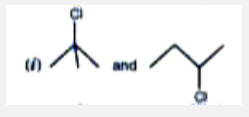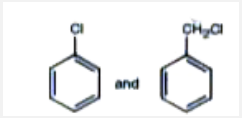In each of the following pairs of organic compounds, identify the compound which will undergo SN1 reaction. Faster.
 .
.
Text Solution
In SN1 reaction, a carbocation intermediate is formed in slow step and the reaction rate depends upon the stability of the carbocation formed as a result of ionisation.
(a). Tert-butly chloride upon ionisation will form a tertiary carbocation which is more stab le than the sec-butyl carbocation which will be formed upon the ionisation of secondary butyl chloride.

Tert-butly chloride is more reactive in this case.
(b). Benzyl chloride is more reactive towards SN1 reaction than chlorobenzene because it readily ionises to give benzyl carbocation which is resonance stabilized.

In chlorobenzene, ionisation leading to carbocation is not possible. Therefore, it is less reactive.
|
Topper's Solved these Questions
- HALOALKANES AND HALOARENESBOOK - DINESH PUBLICATIONCHAPTER - HALOALKANES AND HALOARENESEXERCISE - Problem for practice
44 Videos
- HALOALKANES AND HALOARENESBOOK - DINESH PUBLICATIONCHAPTER - HALOALKANES AND HALOARENESEXERCISE - NCERT
30 Videos
- GENERAL PRINCIPLES AND PROCESSES OF ISOLATION OF ELEMENTS BOOK - DINESH PUBLICATIONCHAPTER - GENERAL PRINCIPLES AND PROCESSES OF ISOLATION OF ELEMENTS EXERCISE - Brain Storming Multiple Chocie Questions
7 Videos
- HYDROCARBONSBOOK - DINESH PUBLICATIONCHAPTER - HYDROCARBONSEXERCISE - All Questions
493 Videos
Similar Questions
Knowledge Check
Which will undergo SN2 reaction faster
A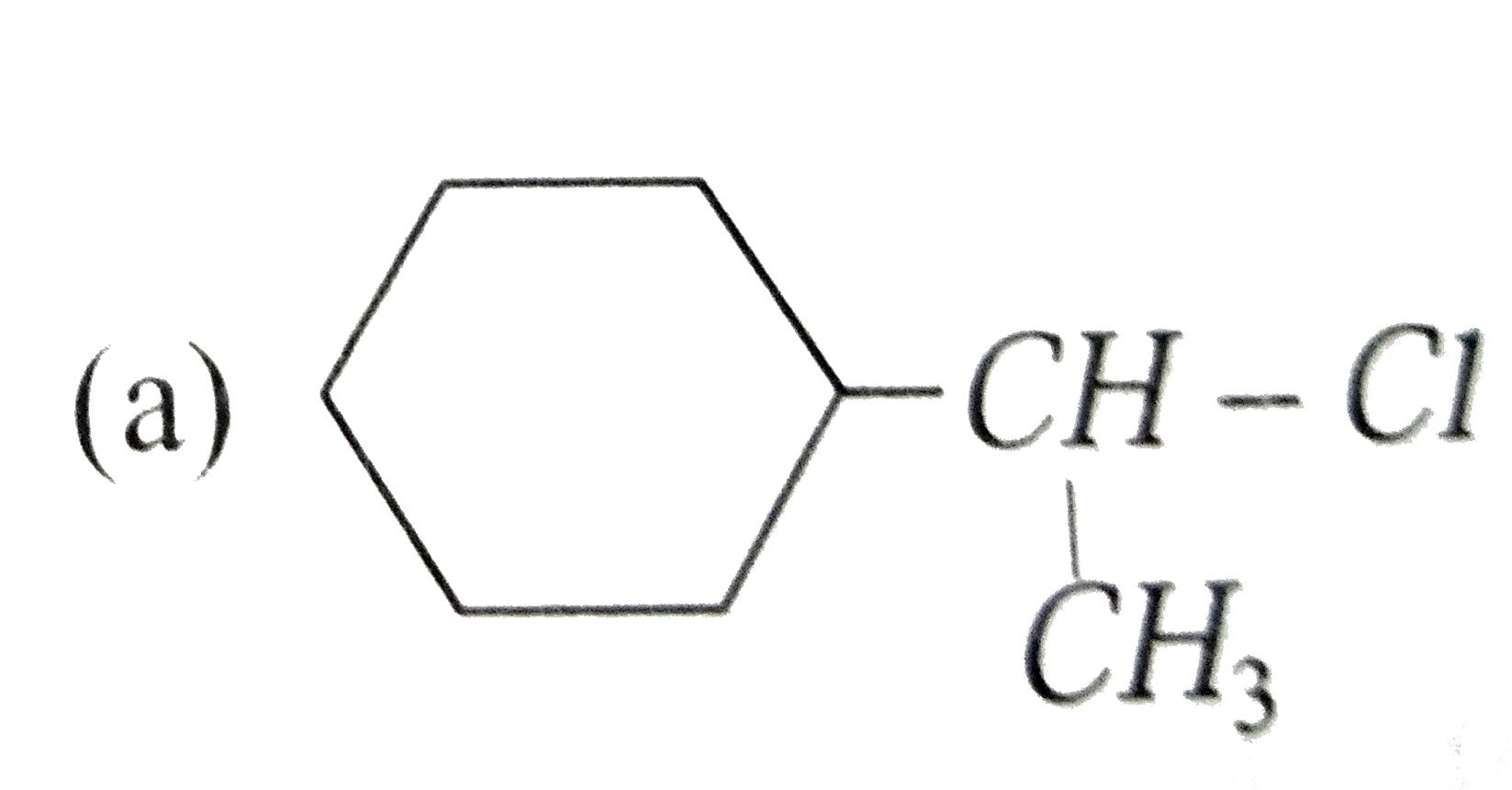 B
B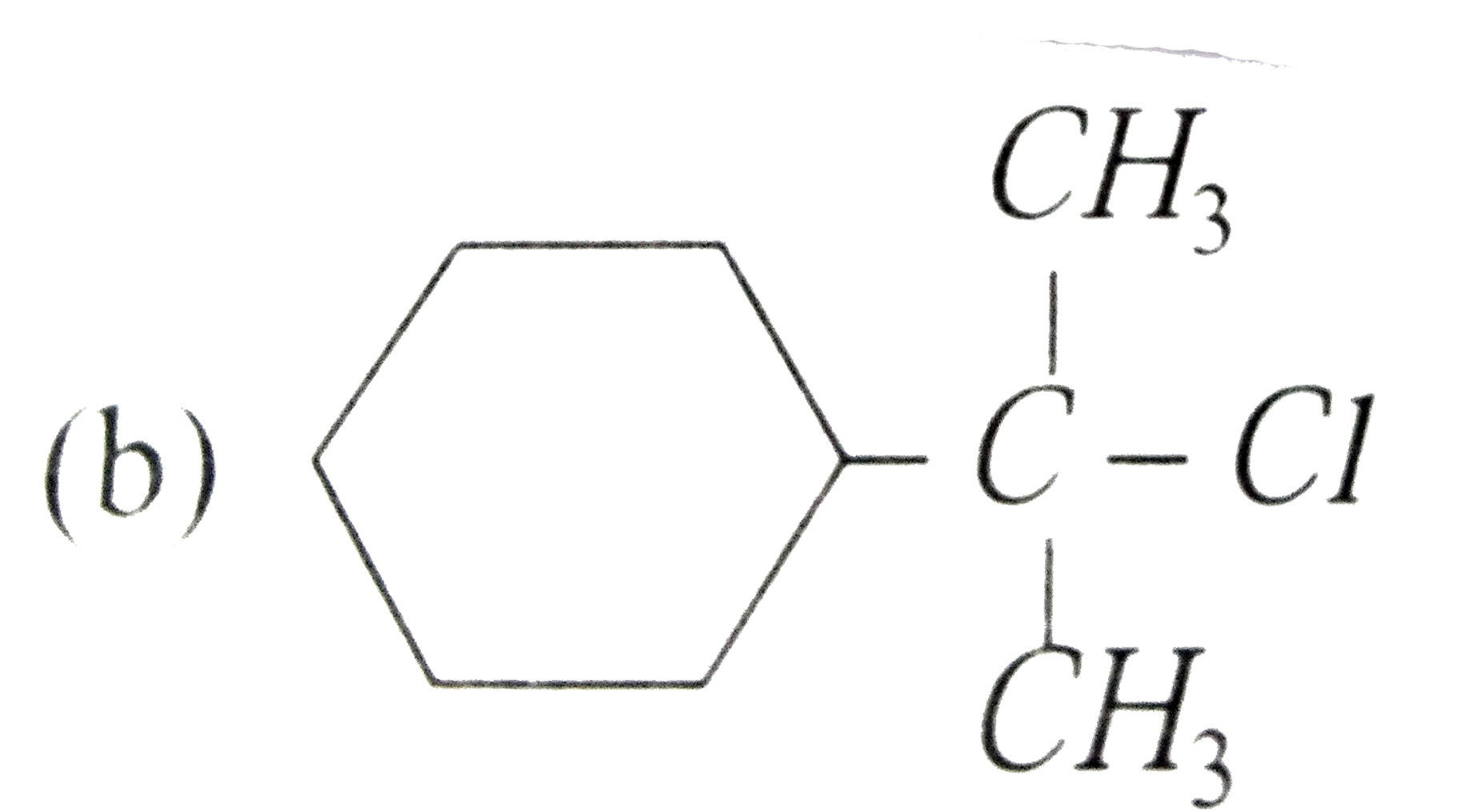 C
C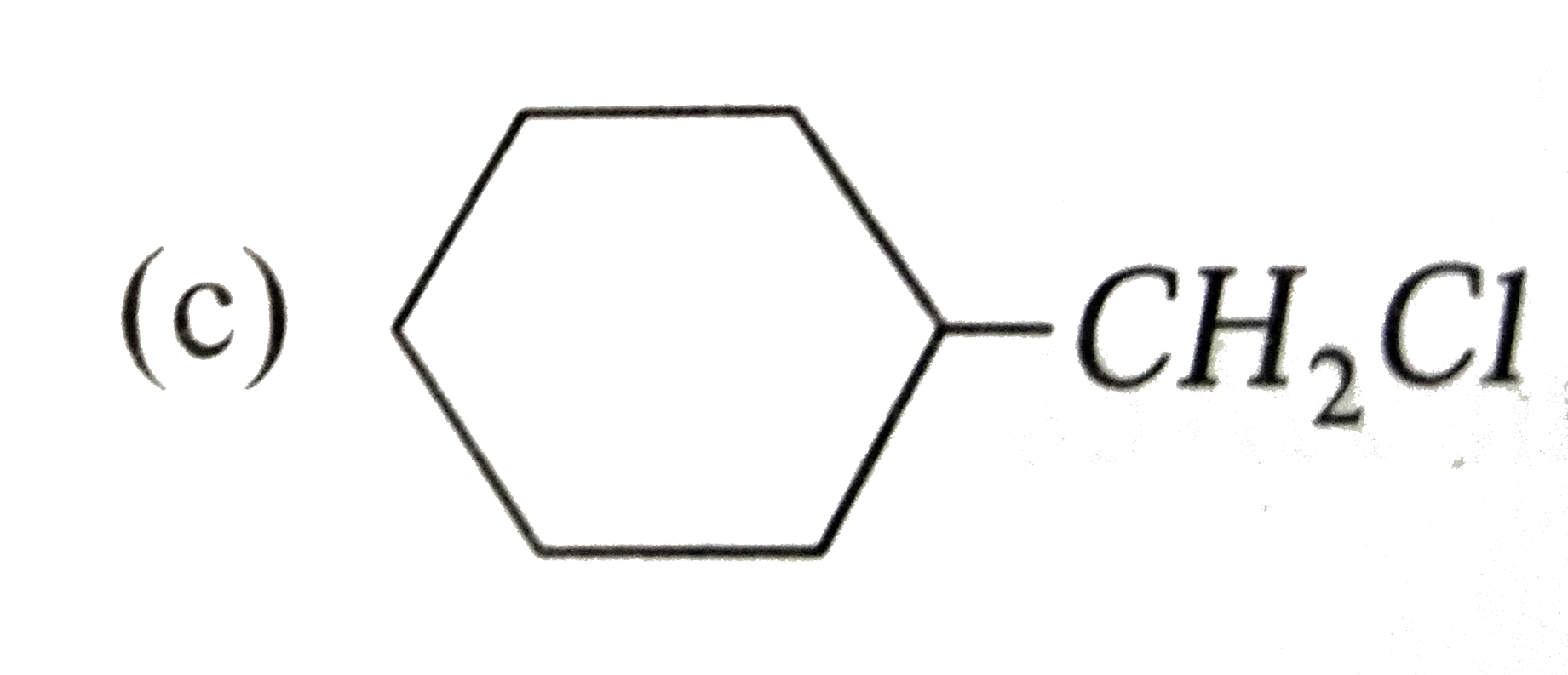 D
D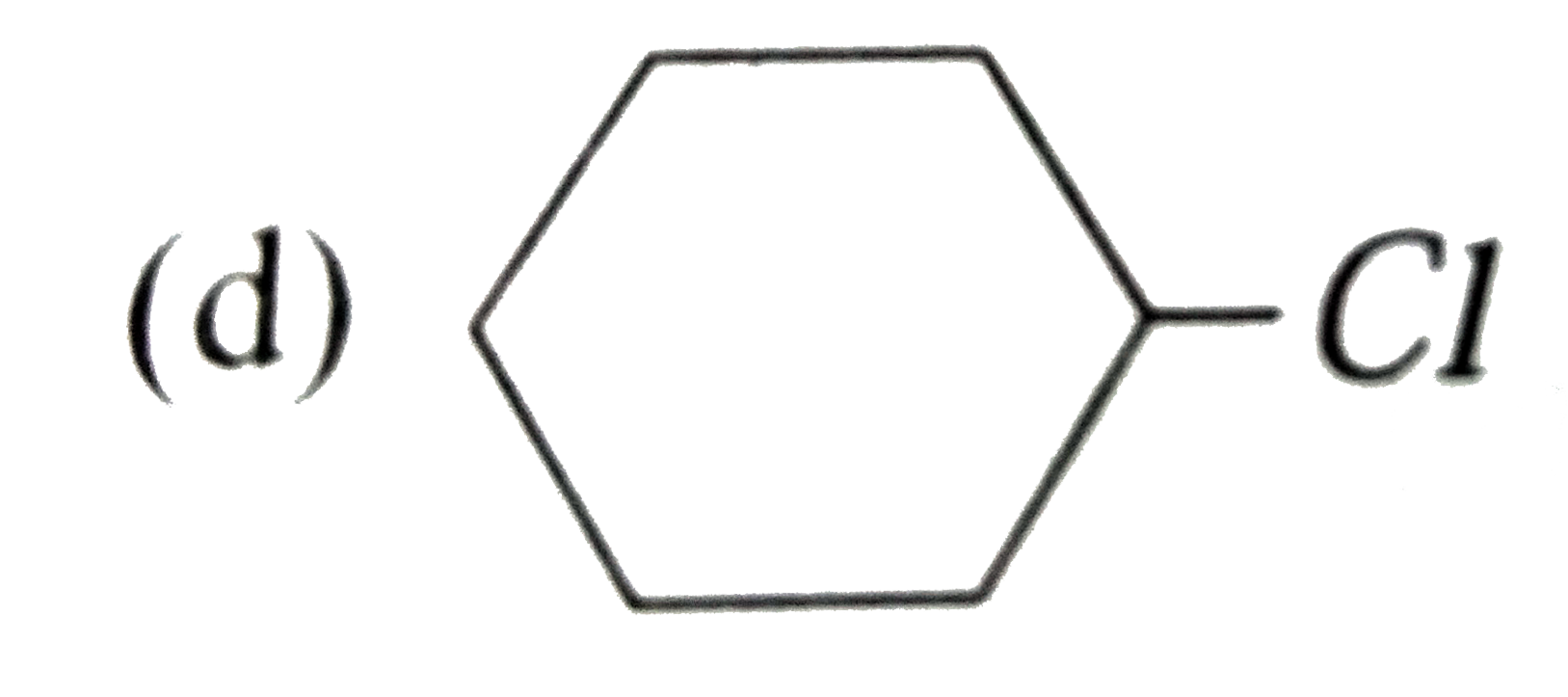
Predict the compound which will undergo SN2 reaction faster:
ACH3−CH2−CH2−ClBH3C−Cl∣C−CH3CCH3−CH2−CH2−lDH3C−l∣CH−CH3The compound which undergoes SN1 reaction most rapidly is :
A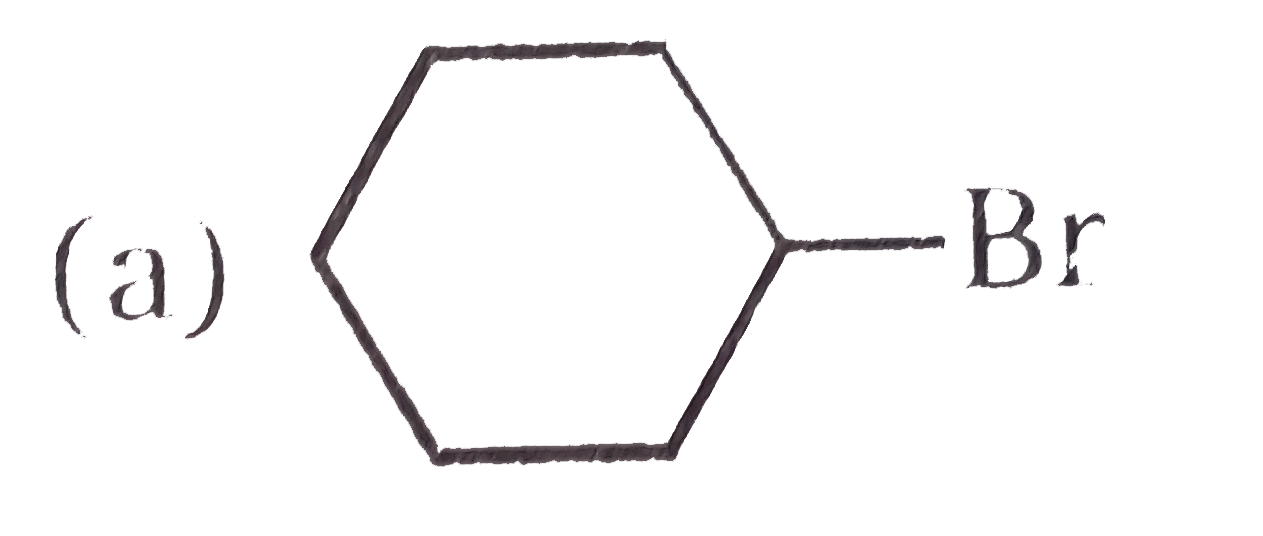 B
B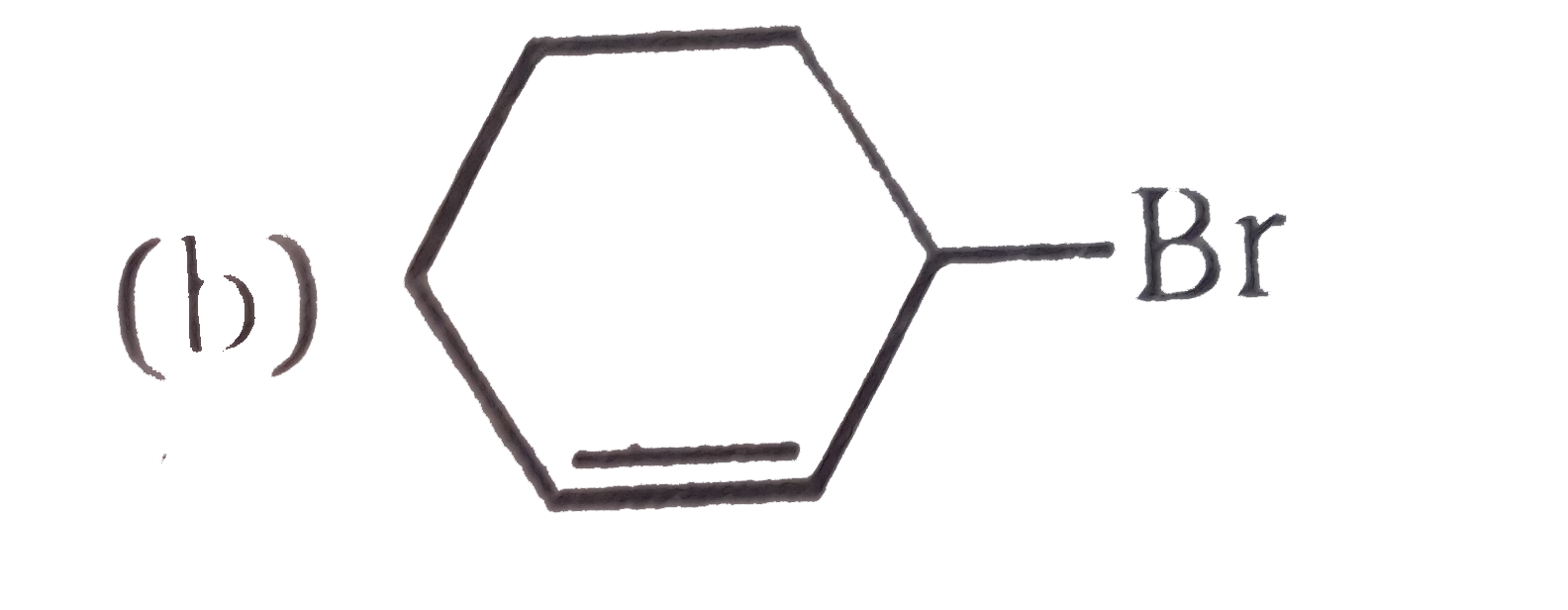 C
C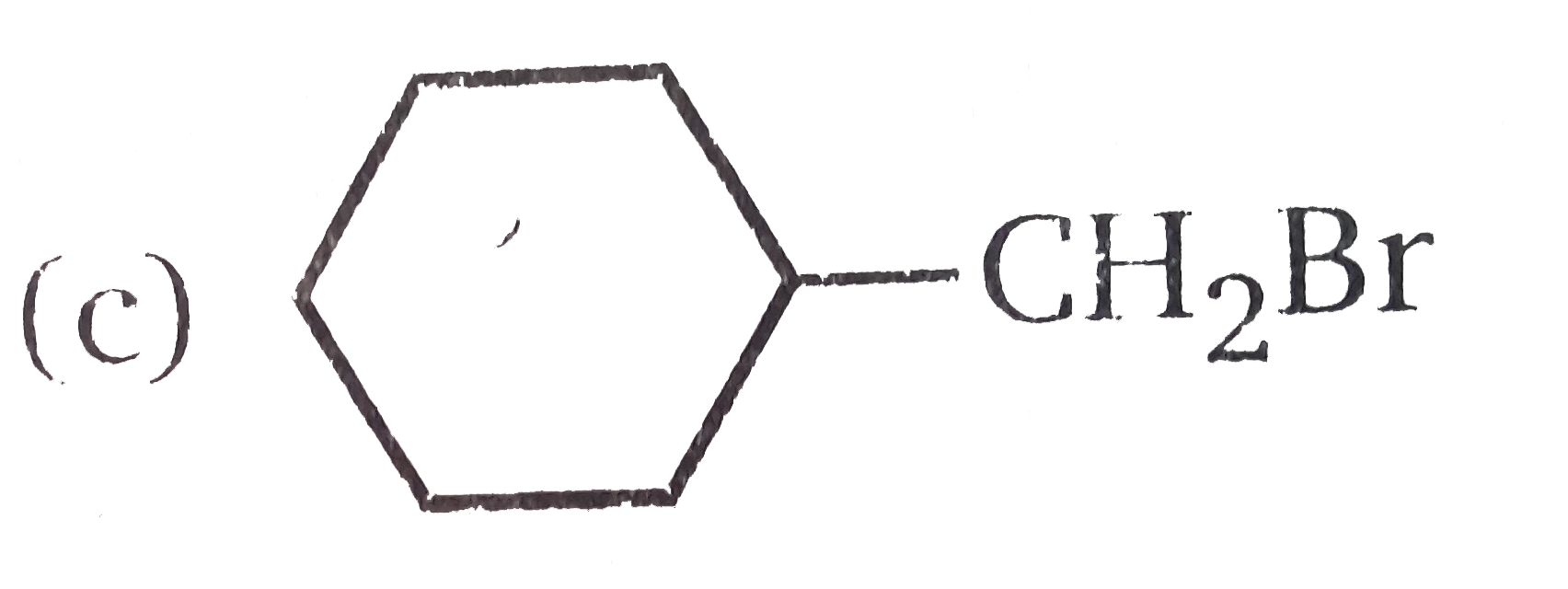 D
D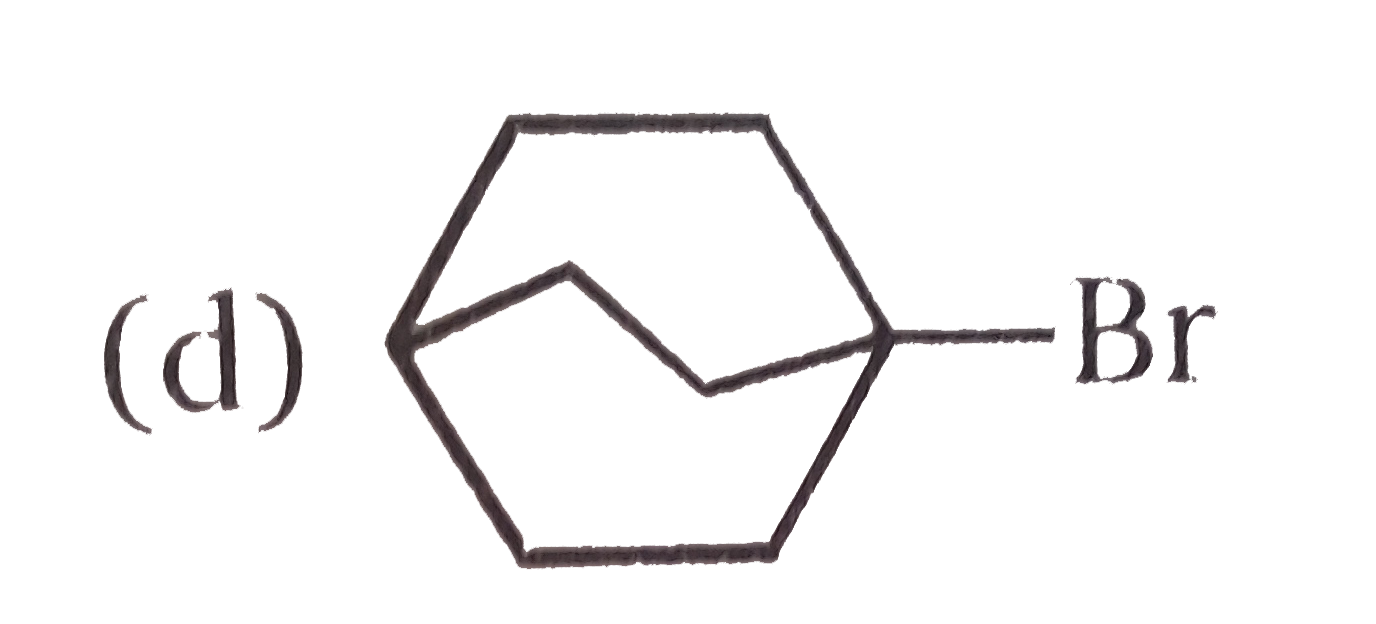
Predict the compound which will undergo SN2 reaction faster:
View SolutionIn the following pairs of halogen compounds, which compound undergoes SN1 reaction faster?

View Solution
which of the given compounds would undergo SN1 reaction faster and why?
View SolutionIn the following pairs of halogen compounds, which compounds undergoes faster SN1 reaction?
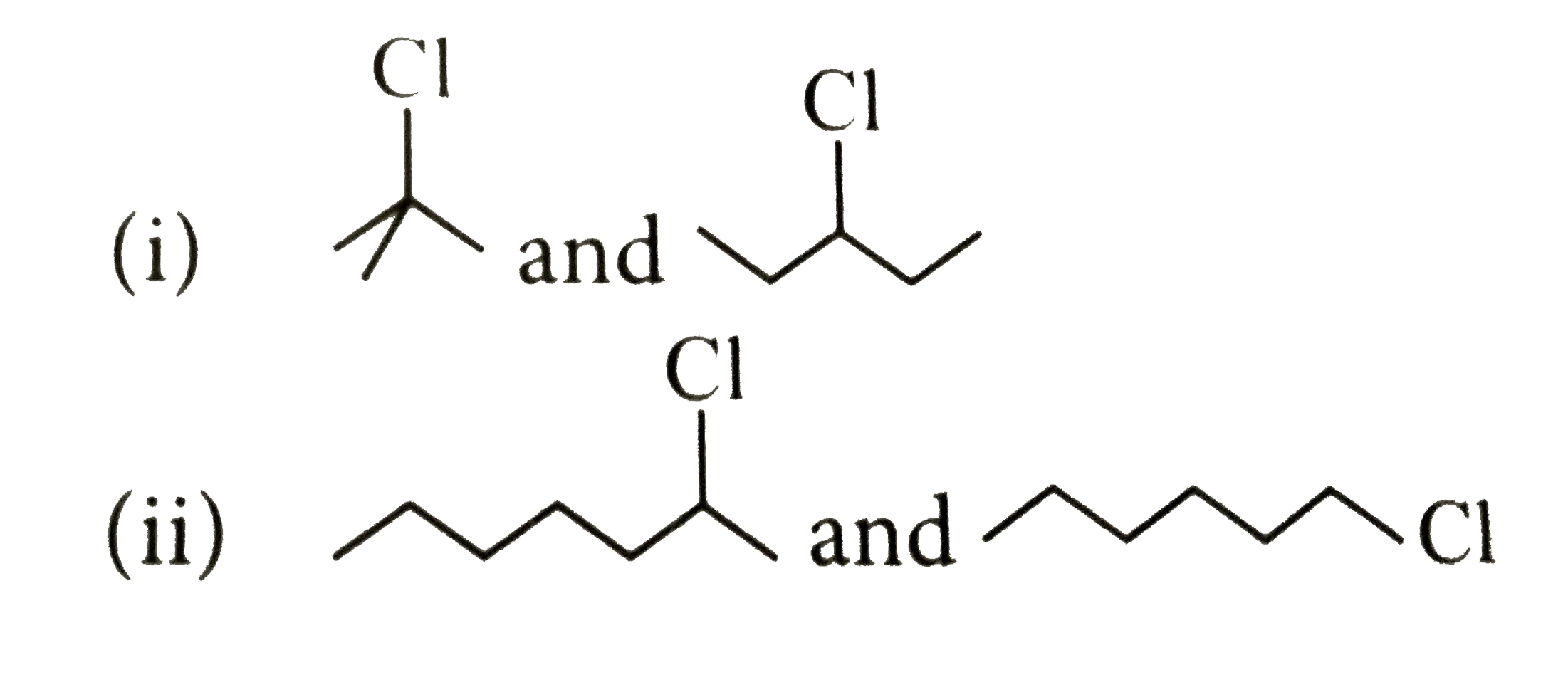
View SolutionIn the following pairs of halogen compounds, which compounds undergoes faster SN1 reaction?

View Solution

